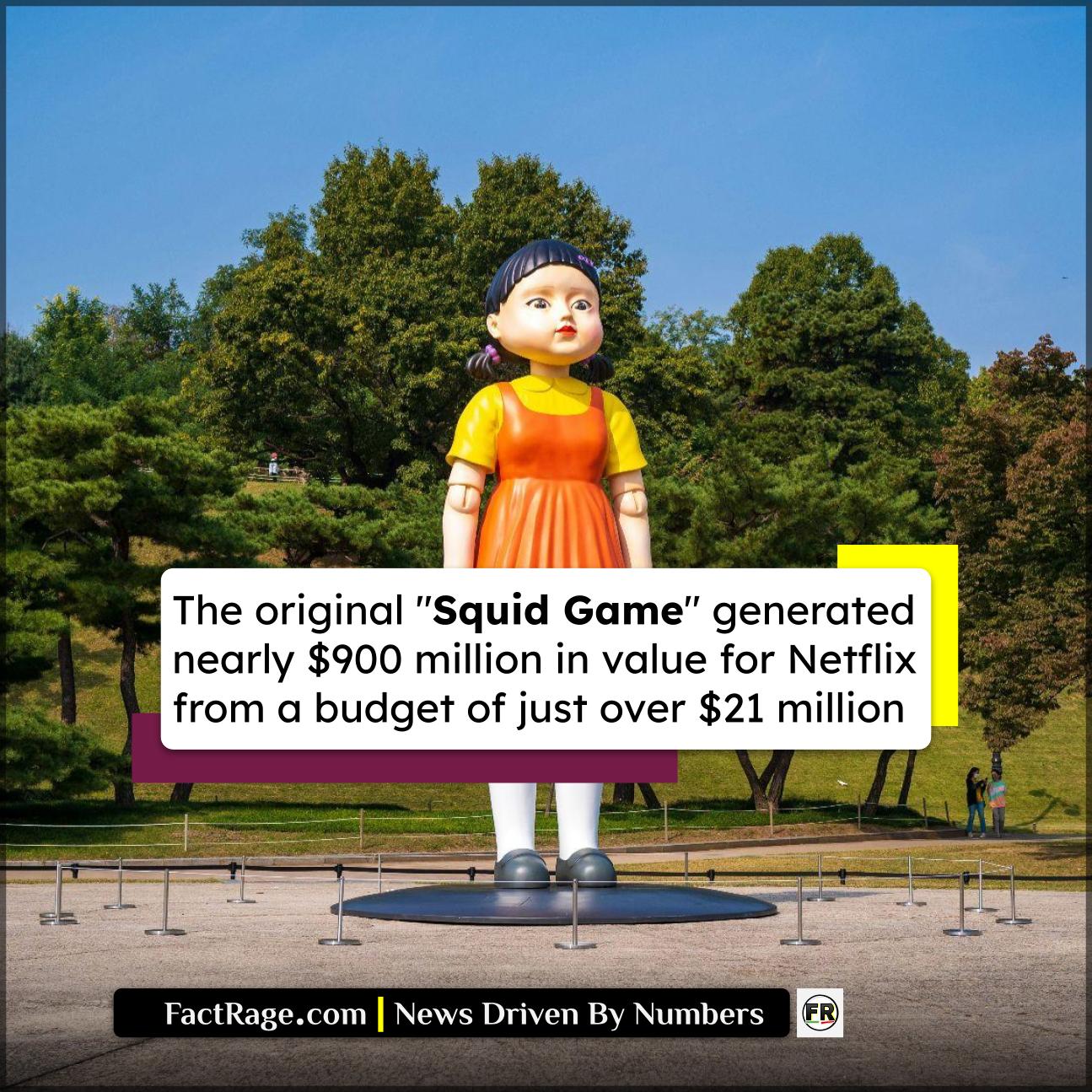SEOUL, SOUTH KOREA – As anticipation builds for the late 2024 release of “Squid Game” Season 2, conversations around the franchise’s long-term future are intensifying, highlighting its critical importance to Netflix’s global strategy.
- Confirmed Timeline – Season 2 is officially set to premiere in late 2024. Creator Hwang Dong-hyuk has confirmed he is in talks with Netflix for a third season, but a fourth season remains entirely speculative.
- The Billion-Dollar IP – The first season generated a reported $891 million in “impact value” for Netflix on a modest $21.4 million production budget, making it one of the most profitable and valuable properties in streaming history.
- A New Global Precedent – The show’s unprecedented success proved the massive global appetite for non-English language content, fundamentally shifting production strategies for Netflix and its competitors in the streaming wars.
The phenomenal success of “Squid Game” transformed it from a standalone series into a cornerstone franchise for its streaming parent. While fans eagerly await the next chapter, the decisions about the show’s continuation are driven by a complex mix of creative vision and immense financial stakes.
What is the Official Status of Future ‘Squid Game’ Seasons?

The most concrete piece of information is the impending arrival of the second season. Netflix has confirmed a late 2024 release window, with protagonist Seong Gi-hun (Lee Jung-jae) returning to dismantle the shadowy organization behind the deadly games.
Beyond that, the picture becomes a matter of discussion rather than confirmation. The show’s creator, Hwang Dong-hyuk, has publicly stated that he is in negotiations with Netflix for a third season, indicating a planned trajectory for the story. However, any discussion of a “Squid Game Season 4” is, at this point, pure speculation. There have been no official announcements or credible reports to suggest that a fourth installment is in development. The focus for the creators and the studio remains firmly on delivering Season 2 and finalizing plans for a potential Season 3.
Why ‘Squid Game’ Became a Franchise-Level Asset
To understand the drive for more seasons, one must look at the unprecedented numbers. The first season was not just a hit; it was a global cultural event. Within its first 28 days, it was streamed for 1.65 billion hours, making it Netflix’s most-watched series of all time by a significant margin.
The financial return was even more staggering. According to internal documents, the series’ $21.4 million budget yielded an “impact value” of nearly $900 million. This metric reflects the show’s economic contribution in terms of attracting and retaining subscribers. This level of return on investment is exceptionally rare, elevating “Squid Game” from a successful show to a critical intellectual property (IP) that Netflix must carefully cultivate for long-term growth. It provided a powerful argument for the company’s multi-billion dollar investment in international content.
The Challenge of Replicating a Global Phenomenon
The central challenge for Netflix is how to extend the franchise without diluting the very elements that made it a success. The first season captured the zeitgeist through its sharp social commentary, unique aesthetic, and shocking narrative twists. Can lightning be captured in a bottle a second, third, or even fourth time?
This pressure may explain Netflix’s strategy of expanding the brand beyond the core narrative. The release of the reality competition show “Squid Game: The Challenge” was a clear move to capitalize on the IP’s popularity while the main series was in production. It allowed the company to keep the brand in the public consciousness and generate revenue from the concept without risking the main storyline. The future of “Squid Game” is less about a single show and more about building a durable media franchise, a model that carries both immense potential and significant creative risk.














